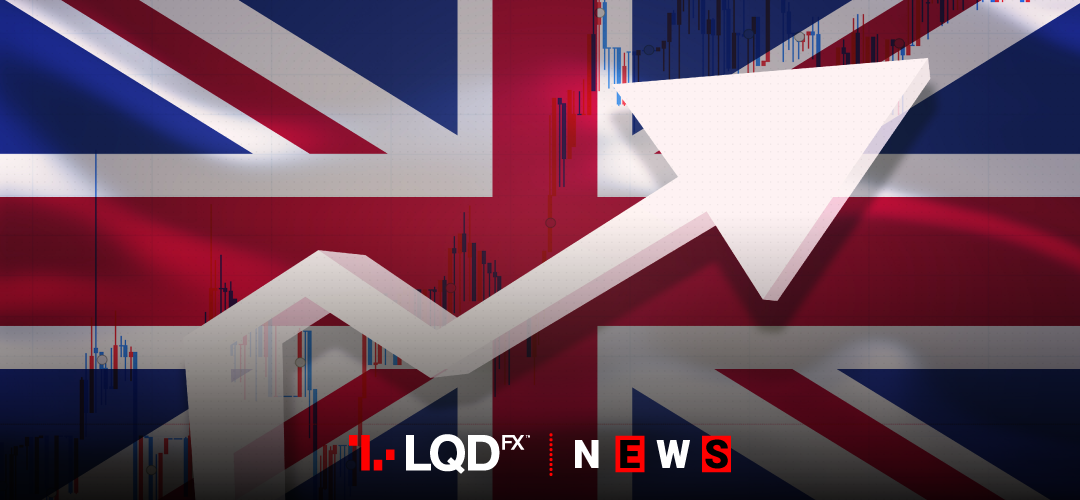UK inflation jumped to 1.8% in January compared with 1.3% in December, not far off the BoE’s 2% target, sending sterling to a session high of $1.3023.
The figures confirmed money markets’ view that rate cuts from the Bank of England in 2020 are unlikely any time soon.
Focus returned to Britain’s trade talks with the European Union and government plans to boost spending.
The appointment of Rishi Sunak as Britain’s finance minister helped the pound last week to its best weekly performance in two months. Sunak tweeted on Tuesday he expected to present the budget on March 11 as previously scheduled. This tweet pushed sterling higher, especially against the weak euro against which it scaled a two-month high.
On the day, versus the euro, the British currency rose from negative territory to trade flat, before easing back to 83.18 pence.
Investors now await advance readings of UK purchasing managers indexes (PMI) due on Friday.
On the coronavirus front, China posted the lowest daily rise in new coronavirus cases since Jan. 29. Many view Chinese data on the virus with scepticism. But sentiment was lifted by a Bloomberg report that Beijing was considering cash injections or mergers to bail out airlines hit by the virus.
START TRADINGForex – UK inflation jumped to a six-month high
The Japanese yen was the biggest mover in the G10 group of currencies. Investors are looking to the minutes from the Fed’s January meeting, for insight into the Fed’s thinking about virus risks.
The dollar index inched up a 0.12% higher at 99.558, near a five-month high buoyed by weakness in the euro and yen.
The Australian dollar which rose during the Asian trading session, gave up gains to trade flat at $0.6689.
The New Zealand’s dollar also gained 0.2%.
The Japanese yen hit a 9-month low as a slowdown in the number of new reported cases of coronavirus boosted risk sentiment in global markets. Expectations for further policy stimulus weighed too. The yen tends to benefit in times of crisis or heightened market uncertainty.
The yen was half a percent lower versus the dollar by midday in London at 110.42, having earlier hit 110.45, its lowest since May 2019.
The euro bounced briefly above $1.08 but sank below the mark to trade flat as the dollar continued its rally. The single currency had earlier fallen to a three-year low after a survey showed weakening confidence in Germany.
Oil prices rose, with Brent gaining for a seventh straight day, after a slowing of new coronavirus cases eased demand worries.
Brent crude was up by 75 cents at $58.50 a barrel by 1003 GMT. Brent has risen nearly 10% since falling last week to its lowest this year. U.S. oil was up 66 cents at $52.71 a barrel.
PLEASE NOTE The information above is not investment advice.
Sources: Reuters, Investing, CNN money
